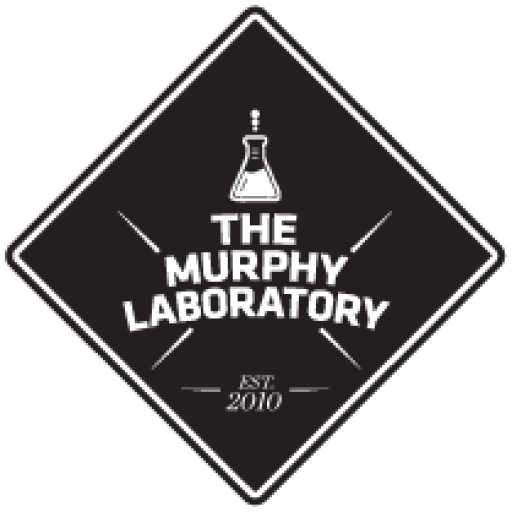Assessing the Impact of Somatic Mutations That Occur Throughout a Lifetime
Overview: The existence of rare individuals with exceptional longevity suggests we have within us the potential for longer, more healthful lives. A fundamental aspect of the aging process is somatic mutation, which alters blood cell production and plays a role in cardiovascular disease and cancer. However, it remains unclear whether this so-called age-related clonal hematopoiesis (ARCH) is simply a marker of aging or plays a direct role in these disease processes. Recent studies have identified strong heritability of ARCH and have correlated higher mortality with common mutations that result in a lack of blood cell diversity. Recently, in rare individuals who survive to the most extreme ages (>100), researchers at Boston University School of Medicine’s New England Centenarian Study (BUSM, NECS) have identified a separate and distinct somatic mutational signature that has not been previously described and may play a role in healthy aging. This project proposes a high-risk, high-reward examination of ARCH in NECS participants that stands to transform our understanding of aging and the mechanisms that may delay or even one day ameliorate age-related disease. Importantly, the concept that clonal outgrowth may actually delay
aging or facilitate escape from disease is considered heretical by grant review committees and seen as too forward thinking by NIH program officers. The described work, to be performed by a collaborative team of uniquely skilled individuals, has the potential to revolutionize thinking about regenerative medicine and the aging process while unlocking a detailed roadmap to healthful living and longevity.
Methodology: The Murphy Lab at the Center for Regenerative Medicine (CReM) at BUSM has worked for several years to achieve a better understanding of the factors critical to the growth of blood stem cells, learning to mimic the natural sequences of blood cell development in vivo. As a result of these efforts, we can now produce virtually unlimited numbers of blood cells throughout the different stages of human hematopoietic development. In the proposed studies, we will create two
lines of induced pluripotent stem cells (iPSCs) from each healthy centenarian: one from buccal cells of the cheek, which are devoid of somatic mutations, and a second from a small amount of peripheral
blood, which will capture a lifetime of somatic mutations and be representative of ARCH. Our transdisciplinary team of BUSM researchers will combine these innovative iPSC-based models with next-generation sequencing and proteomics to identify the transcription factors, signaling pathways, and protein interaction networks that are linked to longevity and act to sustain cellular integrity and functionality in old age. We will also explore the hypothesis that the somatic mutations unique to centenarians lead to longevity by creating blood cells with increased resiliency. These cells may also produce protective or regenerative factors that delay or circumvent age-related disease. Our collaborative, composed of noted experts in their fields of study, is perfectly positioned to directly address these questions by harnessing the described emerging technologies.
Key personnel and expertise: Thomas T. Perls, MD, Professor of Medicine and NECS Director, epidemiology and the genetics of exceptional longevity; Paola Sebastiani, PhD, Professor of Biostatistics, modeling of the genetic, genomic, and phenotypic basis of complex traits; Stefano Monti, PhD, Associate Professor of Medicine and Biostatistics, computational biology; Andrew Emili, PhD, Director, Center for Network Systems Biology, charting the molecular networks of cells and tissues as well as proteomics; George J. Murphy, PhD, Co-Director, CReM, stem cell biology and developmental hematopoiesis.
